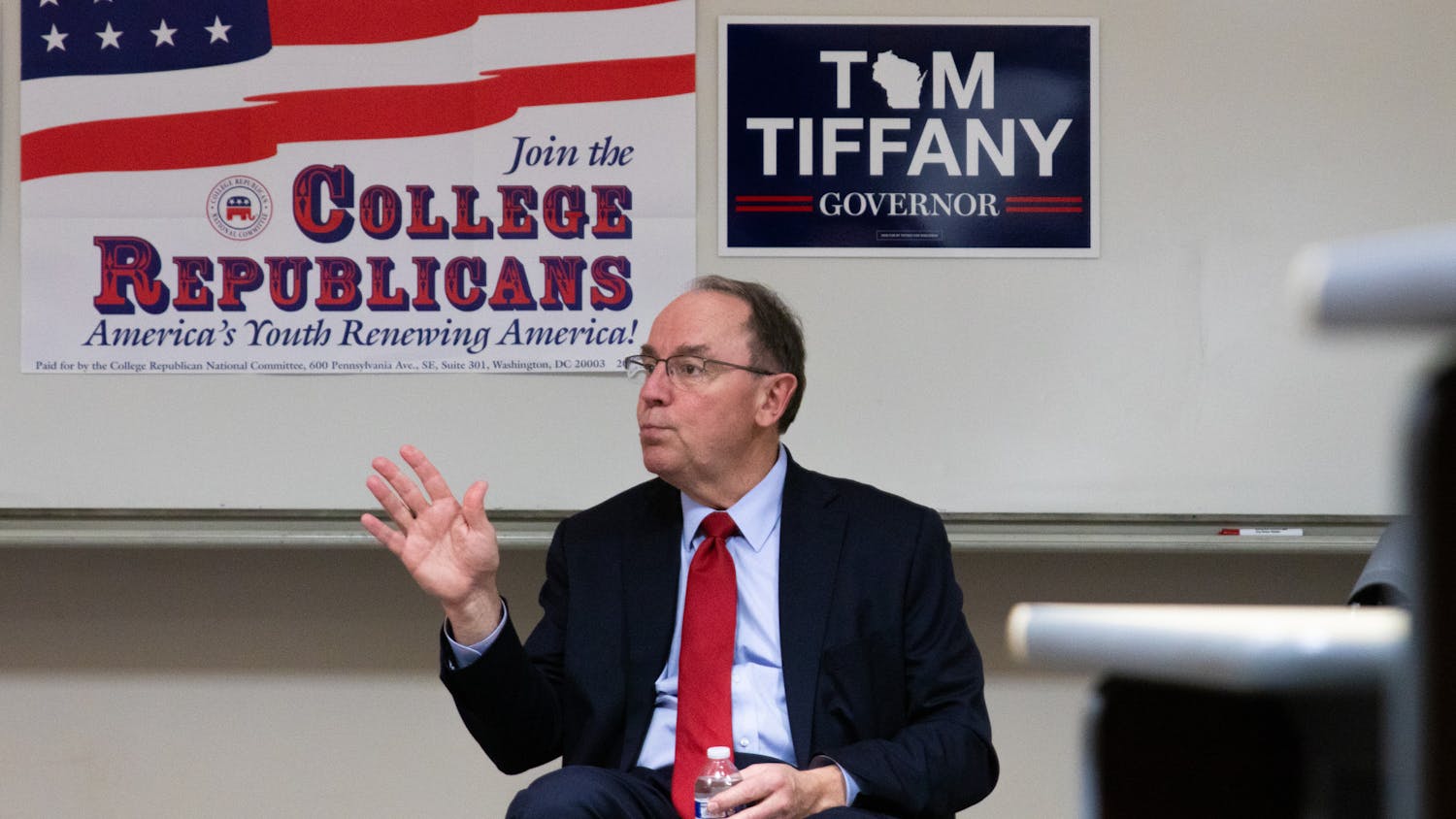Talib Kweli
(Geffin)
, Talib Kweli's official sophomore album, is in fact a beautiful struggle. What is Kweli struggling with? His desire to reach mainstream success while not being considered a sellout. The \Beautiful Struggle"" is certainly Kweli's most ""mainstream"" effort. While fans got a glimpse of Kweli's more poppy side on his last album, , with songs such as ""Get By,"" he did not make a full-blown attempt to enter the mainstream until this offering.
Some may call his desire to increase album sales a load of nonsense. But Kweli did nothing to refute this claim when his album was heavily bootlegged last spring. He made it quite clear that he was upset that it could hurt sales. He was subsequently forced to delay the release of the album until now. The bootleg was well received but with the delay many thought he would drastically alter the composition of the album. This, however, was not the case. He did whittle down the album from some 16 tracks to 13, and replaced a couple of tracks with ones that had not been bootlegged. The album, however, has stayed largely the same.
With the beats of big-name producers Kanye West, Just Blaze and the Neptunes backing some of his vocals, Kweli's new release is really a mixed bag. On tracks such as the West-produced ""Ghetto Show,"" Kweli teams up with Common and soul singer Anthony Hamilton, and he really seems to have figured out the hip-hop/pop formula. This can also be seen on tracks like ""We Got the Beat,"" where Kweli delivers rapid-fire lyrics over a heavy electric guitar-infused beat.
At other times, though, his vocals seem terribly out of place and he sounds like he is struggling. This is never more apparent than on ""A Game,"" which is built on a very electronic beat that does not fit Kweli's style. His flow seems unnatural as he tries to match the rhythm of the beat. His other big misstep on the album is the apparent lead single ""I Try"" featuring Mary J. Blige. One would think that with Blige on the track and production from Kanye West, the track would be an instant radio success. But the track sounds far too much like the Nina Simone-sampled, piano-driven ""Get By."" Instead of using the far superior ""Ghetto Show"" or the Sting-influenced ""Around My Way,"" Kweli and his record label have chosen to go the rather boring and unoriginal route. This may work for someone like Eminem whose album would sell a million if it was him just farting to a beat. But for someone trying to capture the mainstream audience, it seems questionable to rehash something that only brought him moderate mainstream success the last time.
Kweli really does save the best for last, though, on the album's final two tracks. The first being the Just Blaze-produced ballad ""Never Been In Love,"" Kweli steps away from his perceived role as the political rapper and rhymes about his maturation as a man and how he is finally committed to just one woman. On the last and also title track, Kweli returns as the political/philosophical rapper and this is where he is perhaps at his best. Over a sped-up sample, Kweli calls for black people to begin changing themselves and that the revolution will only happen if it begins from within.
At times, the combination of his lyrics with the music really does sound beautiful. And at others he seems to be struggling quite a bit. But overall, is worth checking out. Despite the uncomfortable-sounding songs, the majority of the album makes for good listening with pleasing beats and Kweli's always stellar rhymes.





